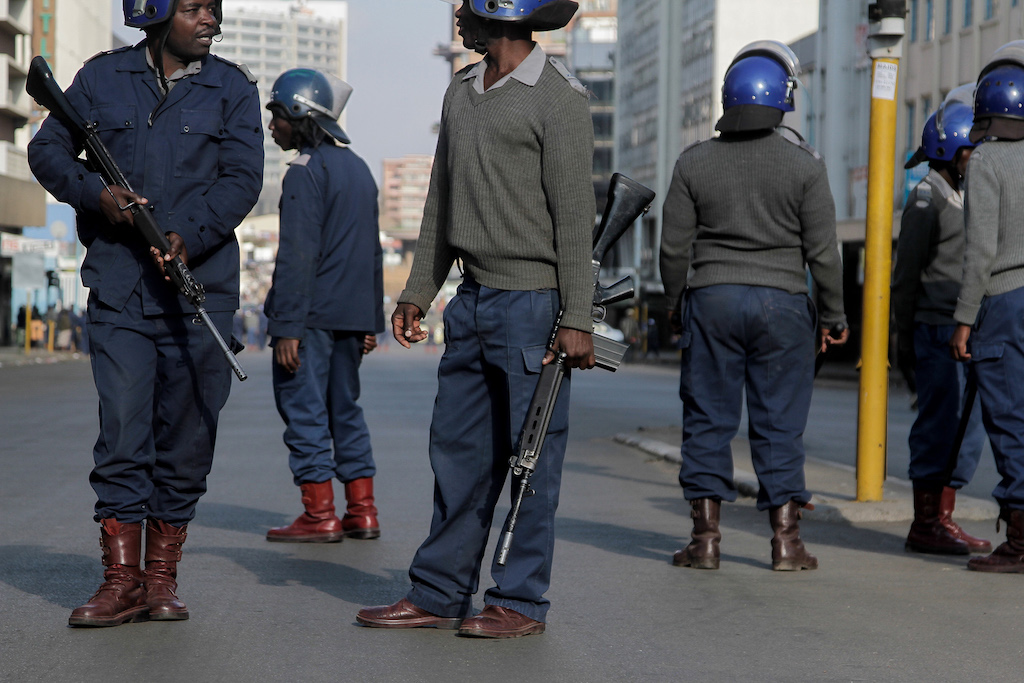‘Why did I pick this career?’
Law students and attorneys are struggling with mental health and substance abuse issues, and it continues to be an unspoken reality in law schools and law firms across the globe. In fact, according to a 2016 study conducted by the Hazelden Betty Ford Foundation and the American Bar Association Commission on Lawyer Assistance Programs, 21 percent of licensed, employed attorneys qualify as problem drinkers, 28 percent struggle with some level of depression, 19 percent demonstrate symptoms of anxiety, and 23 percent are stressed out.
But does going to law school and becoming a lawyer cause depression? According to Alex Palmer, the author of “Happiness Hacks,” it certainly doesn’t help, and it likely doesn’t lead to much happiness. Here’s a relevent excerpt from his recent CNBC piece about how to achieve long-term happiness.
5. Don’t be a lawyer
Maybe it’s all the lawyer jokes, but those who practice law have been found to be particularly unhappy. A 1990 study from John Hopkins University found that lawyers were 3.6 times more likely than non-lawyers to suffer from depression. Researchers point to three main reasons as to why lawyers have a hard time finding happiness:
- Prudence is one of the main qualifications for lawyers, which can often translate to skepticism or pessimism.
- The high pressure put on and low influence given to young associates are the sort of work conditions that result in low morale in other workplaces.
- The work — at least in the U.S. — is often a zero-sum game where your win is someone else’s loss, creating a hyper-competitiveness that also drains one’s sense of workplace satisfaction.
No one is saying you can’t find happiness as a lawyer, but sad as it is, the deck may be stacked against you. Best of luck as you attempt to beat the odds.
Most law schools have counseling and psychological services resources that students and graduates can turn to if they are in crisis or would like counseling, even after hours. If these services are not available at your school, and if you or someone you know is depressed and in need of help, please call the National Suicide Prevention Lifeline (1-800-273-8255) or a lawyer assistance program in your state (don’t be fooled by the name; these programs also provide services to law students). Remember that you are loved, so please reach out if you need assistance, before it’s too late.
Don’t retire early, buy a home, or be a lawyer if you want to be happy, researchers say — here’s why [CNBC]
 Staci Zaretsky is a senior editor at Above the Law, where she’s worked since 2011. She’d love to hear from you, so please feel free to email her with any tips, questions, comments, or critiques. You can follow her on Twitter or connect with her on LinkedIn.
Staci Zaretsky is a senior editor at Above the Law, where she’s worked since 2011. She’d love to hear from you, so please feel free to email her with any tips, questions, comments, or critiques. You can follow her on Twitter or connect with her on LinkedIn.



















